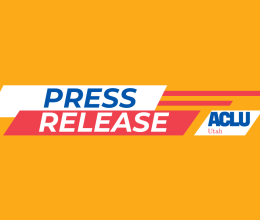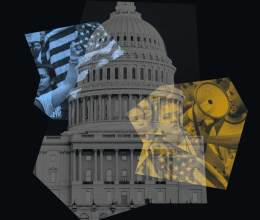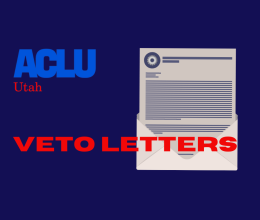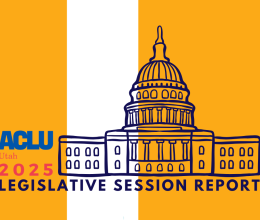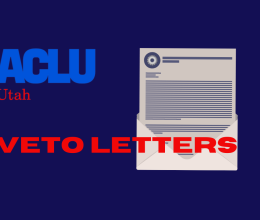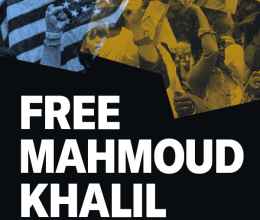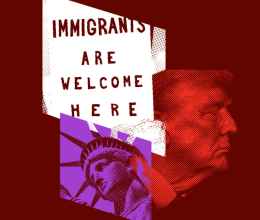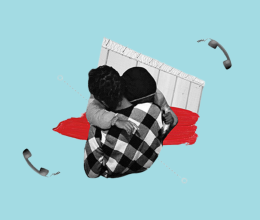PRESS RELEASE
The ACLU of Utah Uncovers Details of Airport Chaos Created by the Trump Administration’s “Muslim” Ban as the U.S. Supreme Court Considers the Policy’s Future
FOR IMMEDIATE RELEASE
April 24, 2018
Salt Lake City | On Wednesday morning the United States Supreme Court will hear oral arguments in Trump v. Hawaii, the ACLU’s legal challenge to the Trump administration’s third and latest travel ban focused primarily on majority-Muslim countries. A decision from the Court is expected in late June.
The Trump administration’s initial Muslim Ban was issued on January 27, 2017, causing thousands of travelers to be detained, interrogated, and sent back to their point of origin. The ban led to protests at airports across the country, including hundreds gathered at Salt Lake City International Airport. A day after the travel ban took effect the ACLU secured a temporary injunction to halt it.
While the Supreme Court hears arguments Wednesday in Washington, D.C., the ACLU of Utah continues to discover how the Muslim Ban was implemented at Salt Lake International Airport and other airports during the hours before and after the ACLU’s injunction shut it down.
Over a year ago, on April 18, 2017, the ACLU of Utah, together with the ACLU of Northern California and the ACLU of Hawaii, filed a Freedom of Information Act lawsuit against U.S. Customs & Border Protection (CBP) demanding emails and documents discussing how agents implemented the Muslim Ban and whether they adhered to the court-ordered injunction. The ACLU of Utah filed the lawsuit only after repeated requests for this documentation were ignored by CBP.
On January 22, 2018, a federal judge ordered CBP to release documents to the ACLU on a specific timeline. All relevant documents must be turned over to the ACLU by the end of the year.
“The goal of our lawsuit is to understand how this policy was executed. We know it was chaotic, we know it was scary for many people, and there are many questions about its legality,” said Leah Farrell, Staff Attorney at the ACLU of Utah. “The President tweeted that only 109 people were affected by his Muslim Ban, but we know that tens of thousands of people—including Utahns—were stopped and turned around or had their visas revoked, and we want to know more about the policies and actions that caused so much disorder.”
“From where we stand, it is hard to see the Muslim Ban as anything but an unconstitutional and religiously-biased measure that divides families, harms careers, derails educational plans, and deprives people of life-saving healthcare,” adds Farrell.
The administration’s third Muslim Ban has been enforced since December, and the United States currently bans nationals of five Muslim-majority countries—Iran, Libya, Somalia, Syria, and Yemen—and a small number of North Koreans and Venezuelans from entering the country on most types of visas. See the graphic below.
By late June, the U.S. Supreme Court will decide if the current Muslim Ban is unconstitutional or in violation of federal statutes. Every federal trial and appellate court that has considered a version of the ban thus far has found grave legal and constitutional issues.
For more information about the ACLU of Utah or to be added to our media contact list, contact Jason Stevenson, Strategic Communications Manager, at (617) 290-8188 (cell), or email, at [email protected]
# # #
